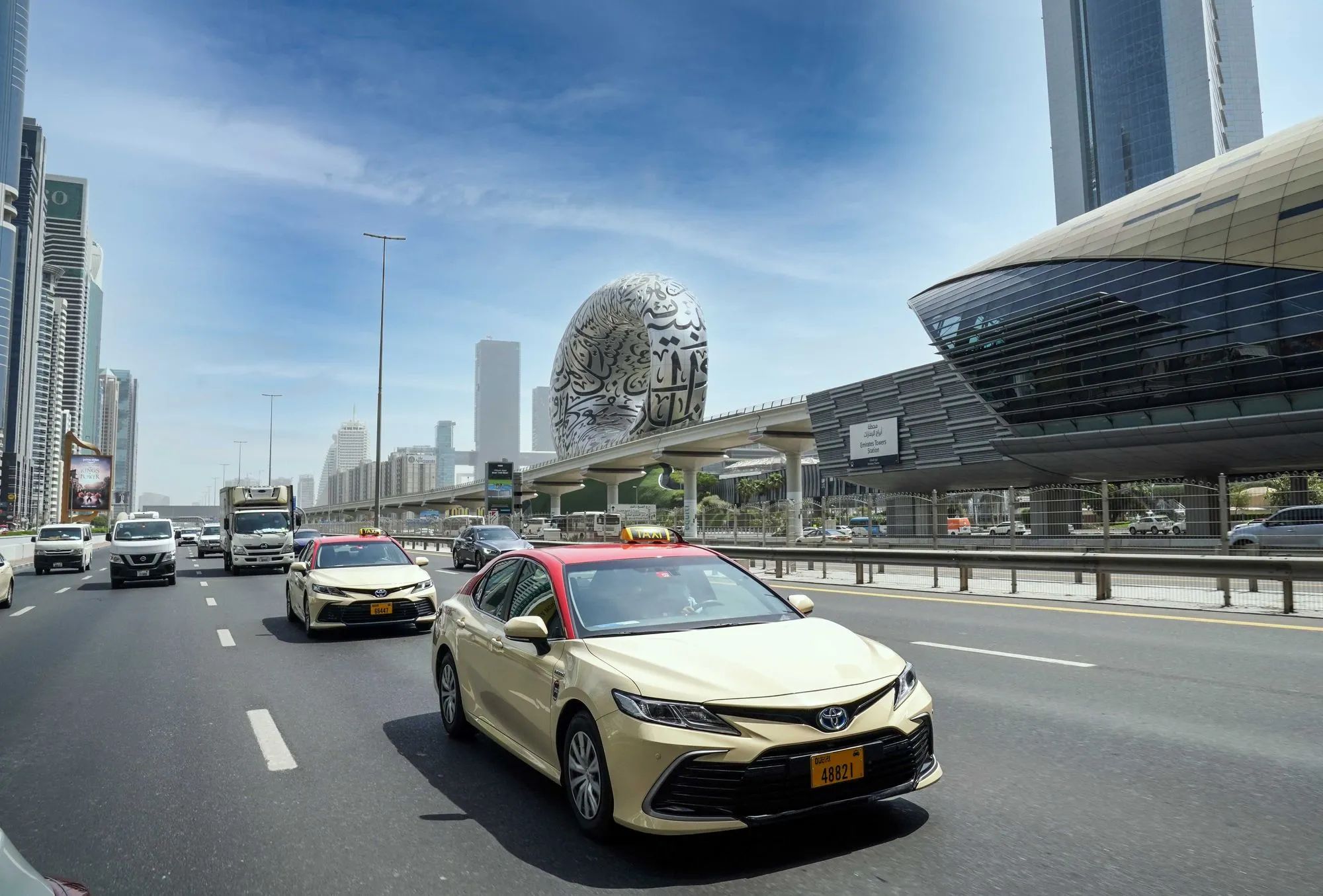Hailo, an app that allows Londoners to hail a taxi through their smartphones, was founded in 2010 by three black-cab drivers and three technology entrepreneurs. Hailo is now causing tensions with the capital’s black-cab drivers, who are angry that Hailo bosses have applied to Transport for London for a private hire licence - the same as minicabs. Limousines and a pre-booking option are among services Hailo could offer under the new licence. It is understood that Hailo hopes to receive a decision from TfL wi
May 23, 2014
Read time: 2 mins
Hailo, an app that allows Londoners to hail a taxi through their smartphones, was founded in 2010 by three black-cab drivers and three technology entrepreneurs. Hailo is now causing tensions with the capital’s black-cab drivers, who are angry that Hailo bosses have applied to 1466 Transport for London for a private hire licence - the same as minicabs. Limousines and a pre-booking option are among services Hailo could offer under the new licence. It is understood that Hailo hopes to receive a decision from TfL within weeks. The company’s London office has been vandalised and police were called after a fight broke out.
In an open letter on the company’s website, Hailo chairman Ron Zeghibe explained why it had applied for a private hire licence: “Hailo has applied for a private hire operator’s licence in preparation to have the full service that passengers and businesses tell us they want. There is no point burying our heads in the sand - people want a choice and taxis need to be in the mix. A taxi-only app will get isolated and customers will take their money to services without any cabs on offer. It is already happening. Let’s win back that work.”
London cab drivers are also planning a protest in June to show their frustration at the presence of other services like US-based Uber, which operates in 36 countries and recently rolled out in Saudi Arabia and Jeddah. Cab drivers say Uber is not subject to the same regulation that licensed drivers are; it uses an app to calculate fares; cab drivers say this is similar to a taximeter, which is illegal to have in a private vehicle.
It’s really the same story, but I missed a couple of words out of the first one!
In an open letter on the company’s website, Hailo chairman Ron Zeghibe explained why it had applied for a private hire licence: “Hailo has applied for a private hire operator’s licence in preparation to have the full service that passengers and businesses tell us they want. There is no point burying our heads in the sand - people want a choice and taxis need to be in the mix. A taxi-only app will get isolated and customers will take their money to services without any cabs on offer. It is already happening. Let’s win back that work.”
London cab drivers are also planning a protest in June to show their frustration at the presence of other services like US-based Uber, which operates in 36 countries and recently rolled out in Saudi Arabia and Jeddah. Cab drivers say Uber is not subject to the same regulation that licensed drivers are; it uses an app to calculate fares; cab drivers say this is similar to a taximeter, which is illegal to have in a private vehicle.
It’s really the same story, but I missed a couple of words out of the first one!








